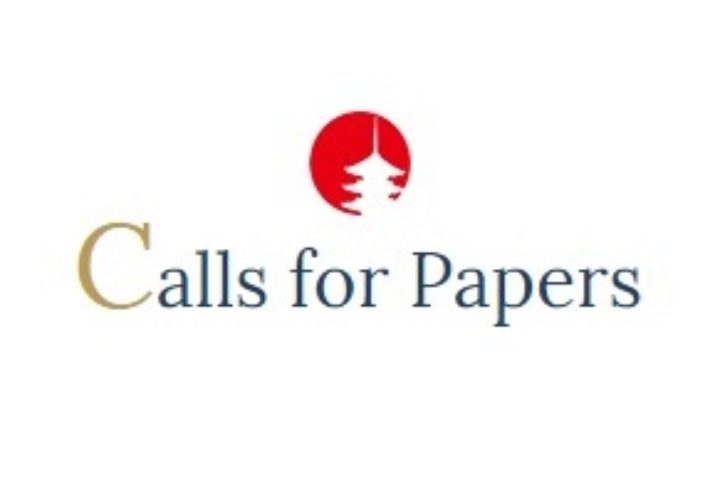January 13, 2019
Call for Papers 2019 Call for papers

ICOM Kyoto 2019 General Conference aims to provide a forum for considering how museums look towards the future whilst respecting the traditions of the past. By creating new functions as cultural hubs, it must be possible to create a richer future – as museums make use of traditional culture, with the theme- “Museums as Cultural Hubs”. CIMCIM invites members and colleagues to send paper proposals for the session:
MUSIC MUSEUMS AND EDUCATION: Current and Future Perspectives
The role of education in Museums has transformed significantly over the past decades. In contrast to more traditional methods of imparting knowledge, museums are now actively encouraging learners to utilise collections as springboards for collaborative, innovative ideas. This transformation was encouraged by social, theoretical and technological changes. These include a demand for a more active museum experience, the advent of digital resources, social media, the development of ‘object based learning’ and the articulation of ‘new museology’ with its increased focus on how collections impact society.
The relationship between museum collections and educational activities continues to evolve, from a close dependence of the latter on the former, to an increasing level of independence. The purpose of activities has often expanded from a presentation of the collections themselves, to address issues of social and environmental importance, or the relationship with intangible culture, aiming at reaching new audiences and increasing the impact of museums beyond their walls.
These changes are shared by museums of all types, but can develop in very specific ways in museums of music and musical instruments. The emphasis on the intangible element of music heritage, the social potential of music to create emotional bonds with users and the participatory experience triggered by functional objects and performing experiences are only few of the many levers that museums can use to reach a deeper level of connection with their audiences.
Standard (20 min+10 Q&A) and short (10 min+5 Q&A) paper proposals are invited to address the role that museums can have in music education, as well as the ways music can enhance the educational potential of museums in addressing broader issues. Discussions of the ways this can be delivered through informal and formal learning programmes, innovative ways of meeting State curricula, as well as the impact that education has on all museum-related professions and roles will be welcome, as well as case studies that show how music can play a leading role in delivering the educational potential of museums.
Abstracts (max. 300 words) should be sent to cimcim2019@gmail.com by the 28th February and should include the author’s name, institutional affiliation, email address and a short (150 word) biography. Confirmation of acceptance will be sent by the 31th March. Authors of accepted papers will be requested to send a longer version of the texts (2,500-3,000 words) soon after the conference, to be published in the digital proceedings.